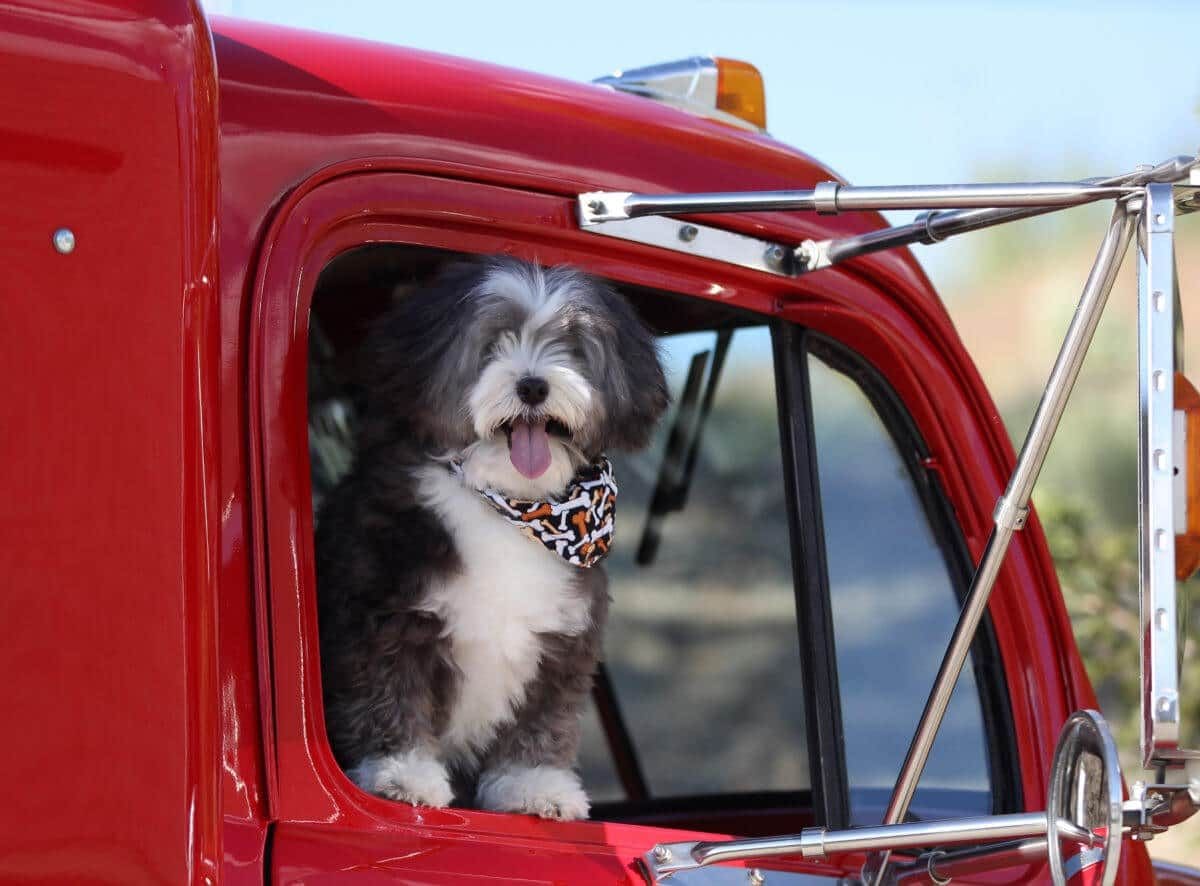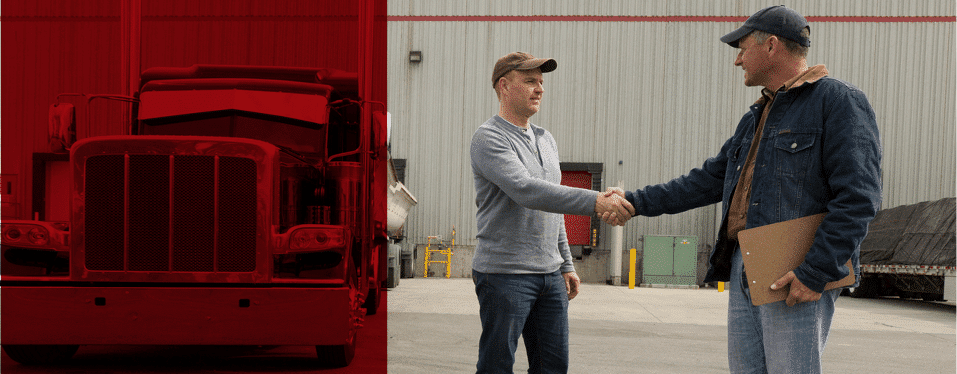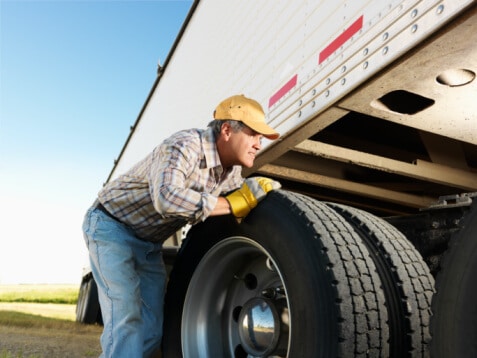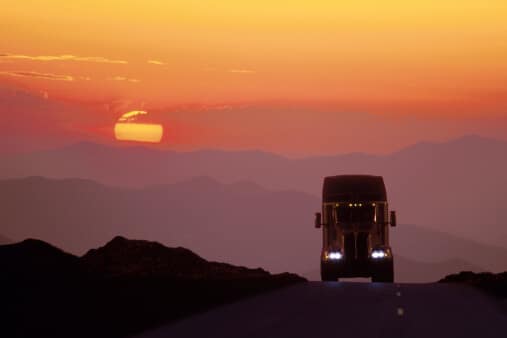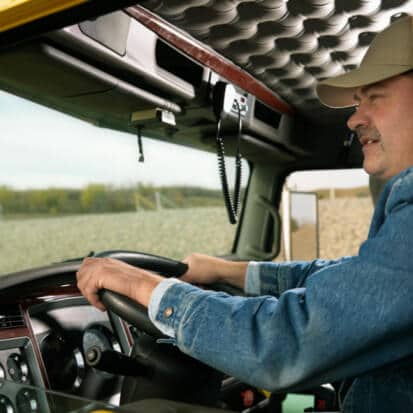Few jobs allow workers to bring their pets to work. But the trucking industry is different. It offers truckers greater flexibility and freedom than the average worker. Many trucking companies allow you to bring your pets on the road with you. But before you do, there are a few things you ought to know.
Scheduling Your First Trip with a Pet
It’s generally recommended that new truckers gain at least a few months of experience on the road before they bring their pets. Even after earning a CDL, truckers continue to learn on the job. It’s important for truckers to keep their full attention on what they’re doing, and pets can sometimes be distracting. If you’re new to the trucking industry, wait to bring your pet until you feel fully comfortable behind the wheel.
Feeding Your Pet
There will be plenty of places to buy pet food along your route, but it’s still a good idea to keep a generous amount stockpiled in the truck. This is especially true if you feed your pet a special diet that might be more difficult to find. If you feed your pet fresh foods, you’ll need a mini refrigerator. Don’t forget that your pet will need continuous access to fresh, clean water.
Giving Your Pet Rest Stops
Truckers are in the habit of planning their routes and rest stops well in advance. While you’re figuring out your stops for any given route assignment, don’t forget to consider how often your pet will need a potty break. Rest stops are also a good opportunity to let your pet stretch his or her legs. Remember that daily exercise is important for good health.
Our generous rider and pet policy is just one of the many reasons why more truckers choose to work for DSW Drivers. If you join the DSW family, you can also look forward to driving new trucks at an outstanding rate of pay. Call our office in Tucson at (888) 266-7534 to find out about available openings at our trucking company.


